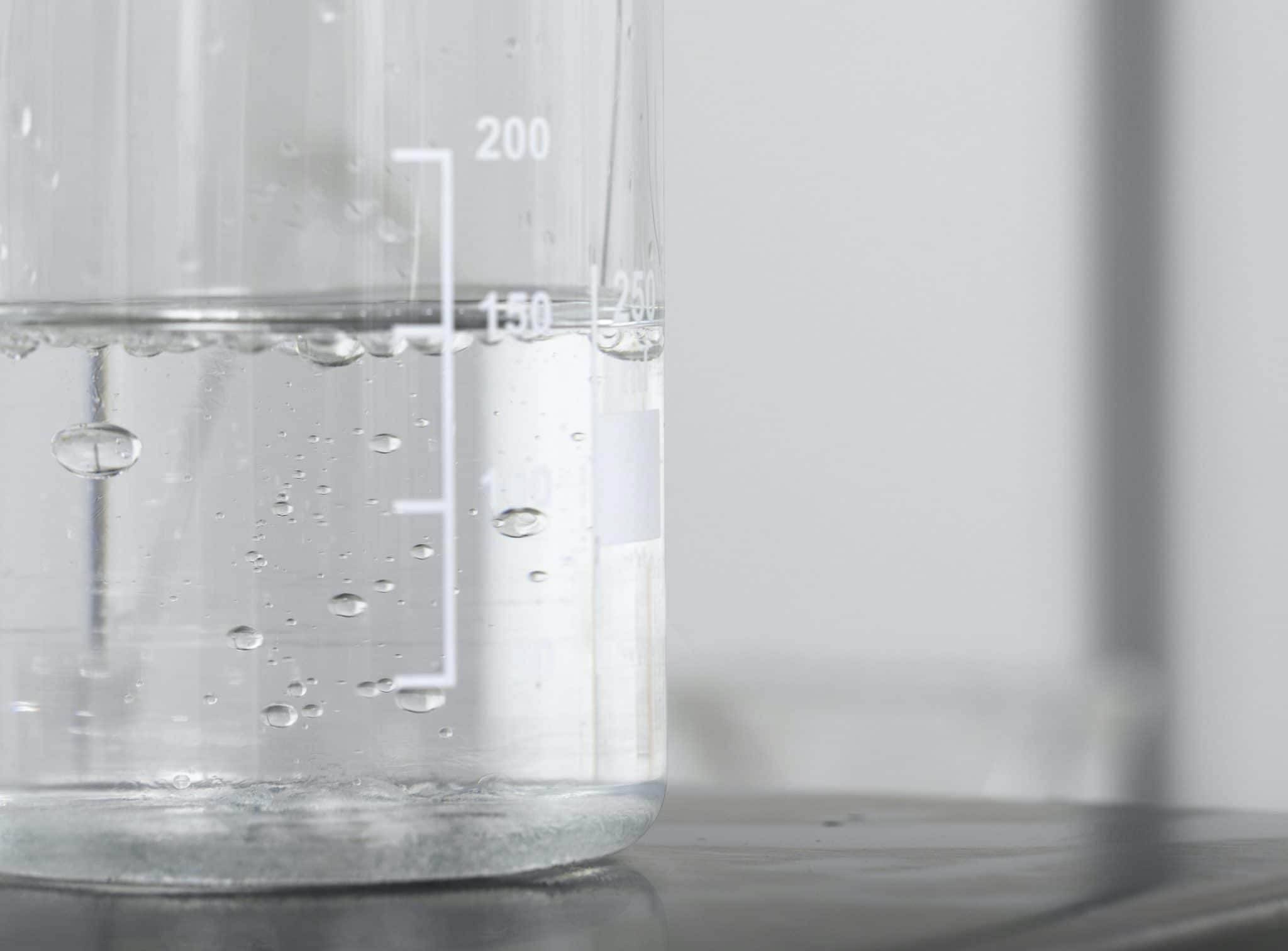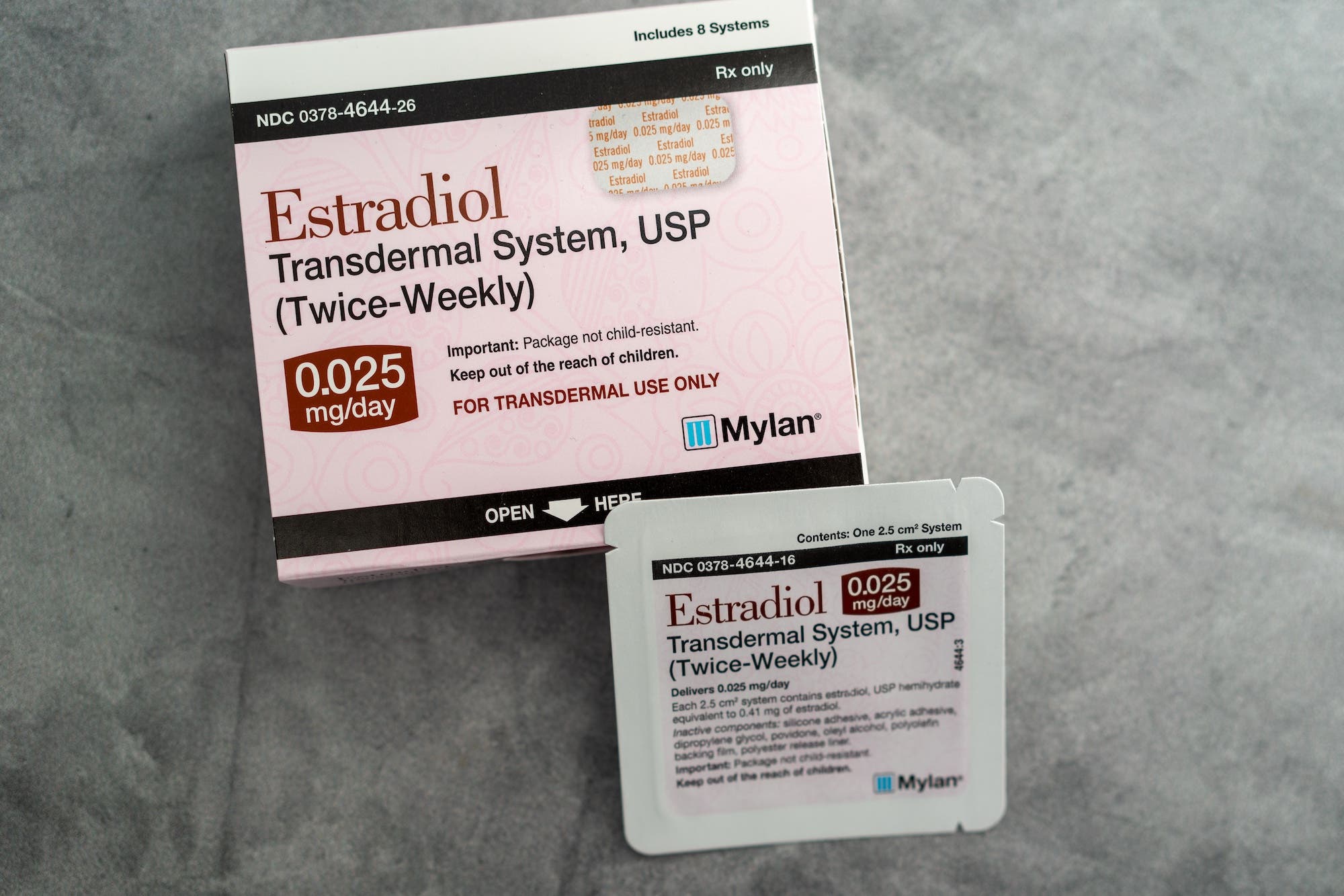Any successful pregnancy starts with two key ingredients: a sperm and an egg. Fertility problems can originate with either the mother’s egg or the father’s sperm, meaning both components need to be healthy in order to have a successful pregnancy. Sperm is released in the semen when a person ejaculates. But exactly how much semen does it take to get pregnant? Does the size of your ejaculation — the amount of semen you produce — matter? Let’s break things down.
Key takeaways
- Semen is the fluid ejaculated during orgasm. It contains sperm and seminal fluid.
- Most people produce between 1.4 mL and 5 mL of semen per ejaculation — about ¼ to 1 teaspoon.
- A semen volume of at least 1.5 mL with a sperm count of more than 39 million per ejaculation is considered optimal for fertility.
- Sperm quality matters as much as quantity. A semen analysis is the best way to measure your fertility, and you can do it from home.
What’s the difference between semen and sperm?
Semen is the thick, whitish liquid men ejaculate during orgasm. It contains sperm and seminal fluid, which contains nutrients and protectants to help sperm survive their journey through the female reproductive system toward an egg for fertilization.

The amount of semen ejaculated — AKA semen volume — differs from man to man. The size of your “load” is affected by factors like age, overall health, genetics, and lifestyle, and it can vary depending on the time since your last ejaculation.
The amount of semen you produce is just one of several metrics of male fertility. Although a very small semen volume can contribute to male-factor infertility, so can a higher-than-average semen volume.
Sperm quality is as important as quantity. Read on to learn why.
How many sperm does it take to get pregnant?
Only one sperm is needed to fertilize an egg and cause pregnancy. The average ejaculation contains between 100 million to 300 million sperm.
However, the fertilization journey is arduous. After ejaculation, a single sperm cell measuring only 0.5 mm needs to swim over 152 mm from the base of the cervix to fertilize an egg within one of the fallopian tubes. Most sperm will not survive. Of the hundreds of millions of sperm deposited near the cervix in an average ejaculation, only 100 to 200 make it to an egg.1
What is semen volume?
Semen volume refers to the total amount of fluid released during ejaculation, which is usually measured in milliliters (mL). It is one of the key parameters measured by a semen analysis, which evaluates male fertility.
What is normal semen volume?
Most men produce between 1.5 mL and 5 mL of semen per ejaculation — about ¼ to 1 teaspoon. According to the World Health Organization (WHO), a normal semen volume is 1.5 mL or more per ejaculation. About 1% of that is sperm cells. A semen volume below 1.5 mL is considered low; the medical term for this is hypospermia.2
Conversely, some men regularly ejaculate an above-average amount of semen (over 6.3 mL per ejaculation), which is called hyperspermia. Men who produce more semen aren’t necessarily more fertile. In some cases, hyperspermia can lead to infertility by diluting sperm concentration and preventing sperm from reaching the egg.3
How much semen does it take to get pregnant?
A semen volume of at least 1.5 mL with a sperm count of more than 39 million per ejaculation is considered optimal.4 Of the sperm released in a typical ejaculation, at least 58% should be alive and viable, and at least 40% should be motile at least one hour after ejaculation, for the best odds of conception.5
Your sperm count is considered low (oligozoospermia) if you have less than 15 million sperm per mL of semen or less than 39 million sperm per ejaculation.6 If there is no sperm in your semen, it’s called azoospermia.
Can you measure your semen volume?
We don’t recommend you ejaculate into a cup and measure it yourself at home. A comprehensive semen analysis assesses crucial parameters of sperm health, including:
- Semen volume (how much semen you produce)
- Sperm count and concentration (how many sperm you have)
- Sperm motility (how well your sperm are moving)
- Sperm morphology (how many of your sperm are the proper shape, size, and structure)
Sometimes, semen analysis shows low sperm count. If this is the case, your doctor will likely want to repeat the test in a few weeks to account for variables like timing and abstinence. You may have made an error during semen collection or ejaculated too close to the day of your analysis. (It’s recommended that you abstain 2–5 days before a semen analysis.)
Your chance of getting your partner pregnant decreases as your sperm count does. However, some men with low sperm count are still able to conceive naturally. Others require the use of fertility medicine or a sperm donor.
How can you increase your semen volume?
Chances are you’ve seen online ads for supplements that claim to increase your semen volume, promising to help you shoot bigger and further. For the most part, they’re BS. If you’re concerned about your fertility — including your semen volume — a semen analysis is the best way to see where you stand before taking supplements that make scientifically unverified claims.
Semen parameters may improve if you make changes to your lifestyle and overall health. There are several science-backed ways to improve your sperm quality, including:
Eating a healthy diet
A diet rich in antioxidants helps reduce oxidative stress, which can damage sperm. Consuming a plant-based diet rich in fruits, vegetables, nuts, and whole grains supports sperm health.7
Maintaining a healthy weight
Studies show that men with a healthy BMI have more mobile sperm than those who are overweight or obese.8
Exercising regularly
Moderate exercise (30–60 minutes of walking or jogging, 4–6 times per week) is best for sperm.9
Quitting smoking
Research demonstrates that men who smoke regularly have a lower sperm count than those who do not.10
Limiting alcohol
Heavy alcohol consumption (more than 10 drinks a week) significantly reduces sperm count.
Reducing environmental exposure
Environmental toxins like radiation, industrial chemicals, and heavy metals can reduce fertility. Overheating the testicles by wearing tight clothing, taking saunas, or working with a laptop on your lap can also impact sperm health.
References
- 1. National Library of Medicine. “Fertilization,” 2002.
- 2. World Health Organization. “WHO laboratory manual for the examination and processing of human semen, 6th ed.,” 2021.
- 3. Mason et al. “Ejaculation: the Process and Characteristics From Start to Finish,” 2023.
- 4. Sunder et al. “Semen Analysis,” 2022.
- 5. Sunder et al. “Semen Analysis,” 2022.
- 6. World Health Organization. “WHO laboratory manual for the examination and processing of human semen, 6th ed.,” 2021.
- 7. Ferramosca et al. “Diet and Male Fertility: The Impact of Nutrients and Antioxidants on Sperm Energetic Metabolism,” 2022.
- 8. Wogatzky et al. “The combination matters – distinct impact of lifestyle factors on sperm quality: a study on semen analysis of 1683 patients according to MSOME criteria,” 2012.
- 9. Lalinde-Acevedo et al. “Physically Active Men Show Better Semen Parameters than Their Sedentary Counterparts,” 2017.
- 10. Sharma et al. “Cigarette Smoking and Semen Quality: A New Meta-analysis Examining the Effect of the 2010 World Health Organization Laboratory Methods for the Examination of Human Semen,” 2016.




